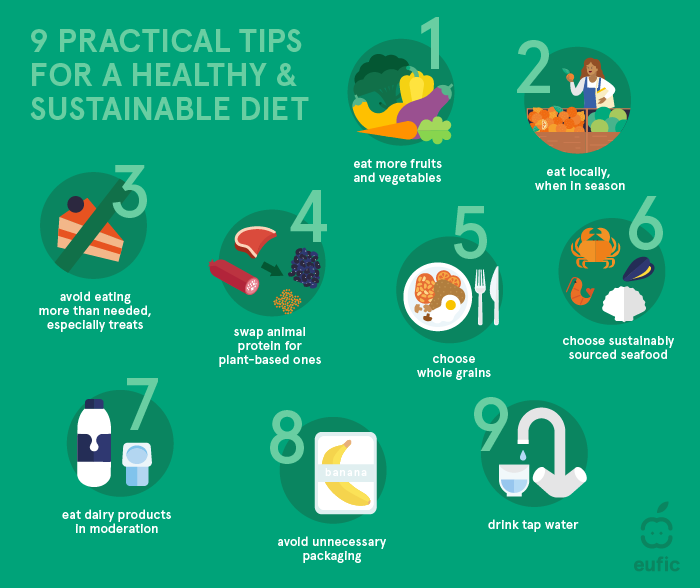
Several studies in adults found a strong scientific concordance between consumption of ultra-processed foods and a higher risk of developing cancer, irritable bowel syndrome, obesity, type 2 diabetes and hypertension. Evidence is accumulating from mechanistic studies of the plausible causal pathways by which the physical structure and chemical compositions of these foods might cause harm. Additives or cocktail of additives could play a role in the incidence of NCDs and further R&I are needed. It is now widely accepted that a diet rich in plant-based food, such as fruits, vegetables, wholegrain cereals, legumes and nuts, may reduce the incidence of chronic diseases and is also beneficial against obesity and metabolic diseases. Further research is necessary to determine how the structural characteristics of plant-based foods deliver health benefits in modulating digestibility and in improving bioavailability of nutrients and how the physical structure may be modified by processing.
Proposals are expected to address the following R&I activities:
- Develop and optimise new efficient methods/processes to reduce costs (e.g. energy, water, food raw materials) and impact on the environment to produce minimally processed functional food ingredients and food products and assess their nutritional, sensorial, structural and functional properties to enhance health and well-being, including the values provided by the plant/produce microbiome for nutritional qualities and its effects on the human gut microbiome.
- Develop new healthy, sustainable, diversified, minimally processed, reformulated, tasty and affordable food products and assess their nutritional, structural, sensorial and functional properties to enhance health and well-being and to improve nutrition status.
- Demonstrate the safety of the developed food products in accordance with relevant EU regulatory frameworks related to their placing on the market, and generate relevant data for pre-market authorisation,
- Investigate, assess and develop improved predictive realistic models for quantifying effects on human health (risks/benefits) of processing and food ingredients (and/or mixture of them).
- Study and optimise the role of the food matrix structure to make specific ingredients available or not (in case of caloric control) to our digestive system to reach the desired health effects/to combat non-communicable (NCDs).
- Ensure societal acceptance and the consumer buy in of new food products and processes in involving consumer at all stage of the product development process.
- Proposals must implement the ‘multi-actor approach’ and ensure adequate involvement of academia, research-technology organizations, food businesses and other relevant actors of the value chain and take into account sex and gender analysis.
Activities are expected to achieve TRL 4-5 by the end of the project.
Planned opening date: 17 October 2023
Deadline date: 22 February 2024 17:00:00 Brussels time



